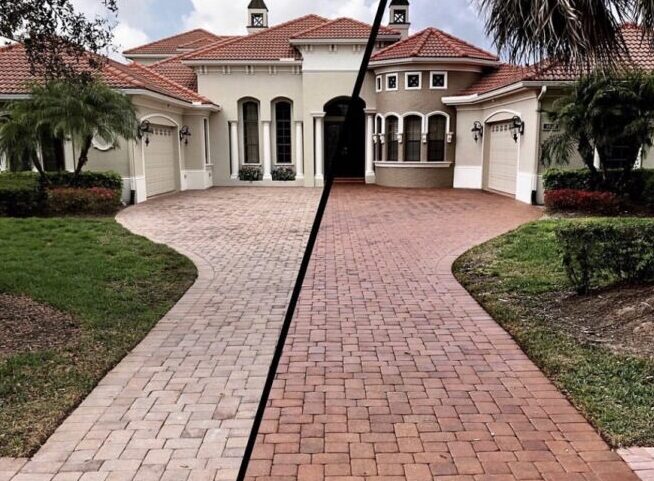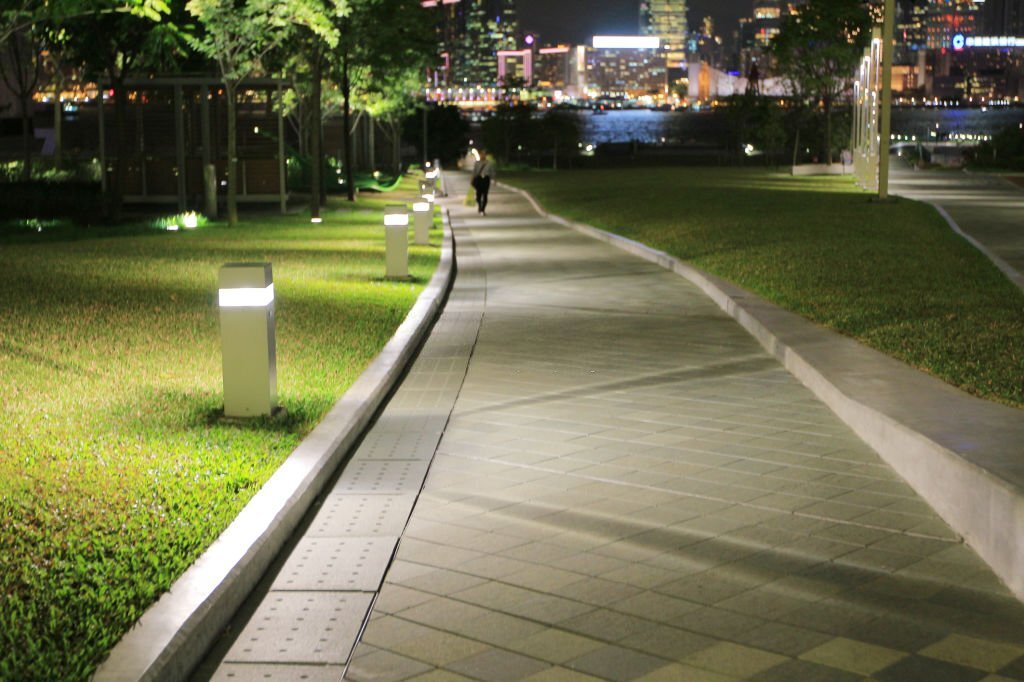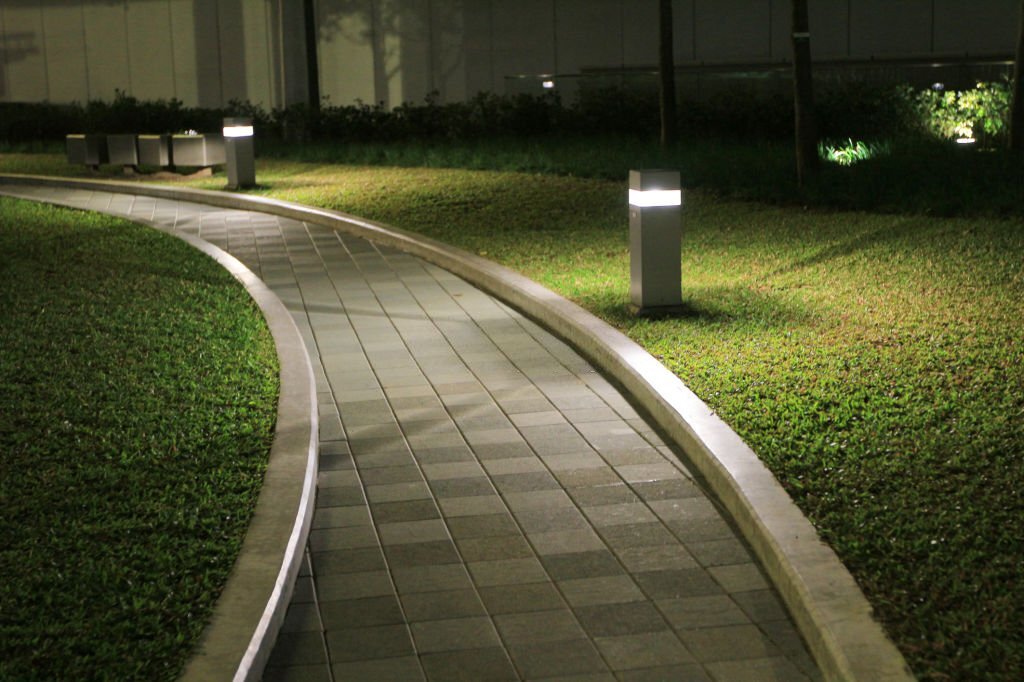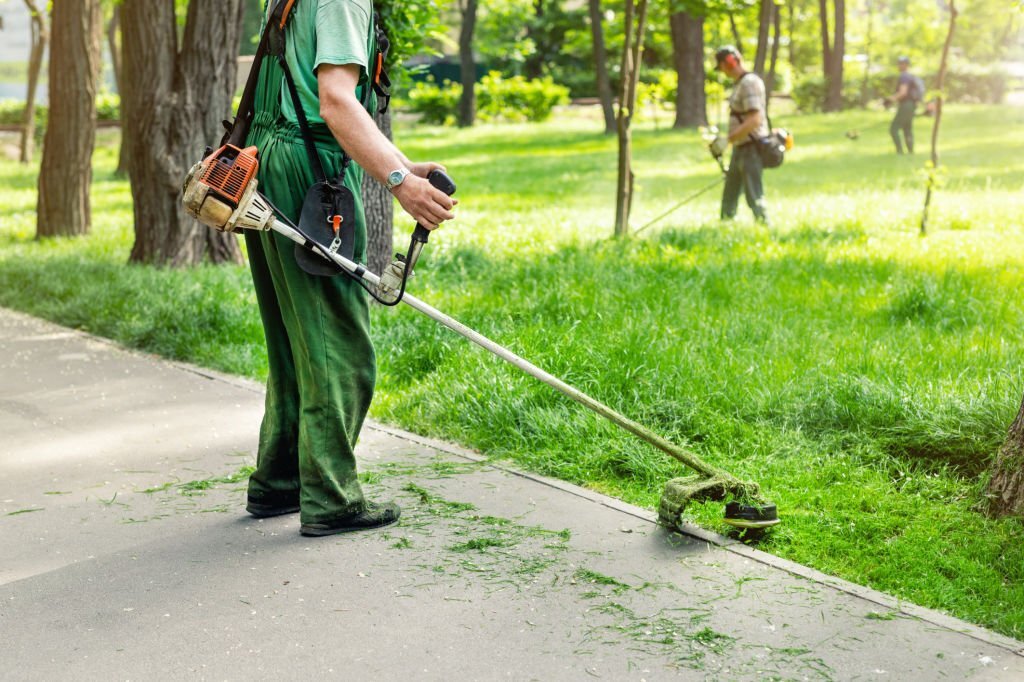There are three basic types of Paver sealing that are commonly used for paver applications. These are Film-forming, Acid-based, and penetrating. Read on to learn more about each of these types and how to apply them to your paver projects. Once you know what you need, you’ll be ready to select a sealer. A local contractor can provide an estimate. But before you do, make sure to understand all of the pros and cons of each type.
Film-forming Sealers
Unlike the traditional, solvent-based coating, film-forming sealers for paver sealing are water-based, so they will not affect the color of your pavers. These sealers are especially effective in protecting Mexican unglazed paver tiles and porous Terra-cotta surfaces. In addition to their water-based nature, they are also LEED-eligible and suitable for indoor and outdoor applications. Listed below are the advantages of each. This acrylic-based film-forming sealer will protect your paving stones from water and stains. It will also keep the paving stones from turning yellow in direct sunlight. The sealant will not change the color or omit any unpleasant odors. A quart of this sealant will cover an area of 1,500 square feet. It would be best to use only a high-quality film-forming sealer for pavers. You can find similar products on Amazon. It will also be on the tool shelf of your contractor.
Acid-based Sealers-Paver Sealing
Acid-based sealers for Paver sealing require surface preparation. Before applying the sealer, the paver surface must be clean and dry. Use an application sprayer and apply the sealer until it reaches a saturation point for best results. Also, do not forget to apply the sealer to any space or crevices. After applying the sealer, make sure to stay off the paver surface for 72 hours to allow the product to dry completely. The proper temperature for sealing a paver depends on its climate. In warm climates, pavers can be sealed within a few hours. However, in cooler areas, pavers must be allowed to cure for at least 30 calendar days. A good range is from 50 to 90 degrees. Solvent-based sealants will evaporate quicker at lower temperatures. So, it’s important to follow the manufacturer’s instructions. The paver could crack, flake, or become eroded if not followed.
Penetrating Sealers
Paver sealing can be done with several different types of sealers. Penetrating sealers last two and three years; they depend on their quality and active solids. Many paver sealers that are commonly used in the construction of pavers contain high levels of acrylic solids. They can be solvent-based. Because of the high concentration of these sealants, they tend to darken the surface. Although these products are not easy to locate locally, they can be ordered online. While penetrating sealers won’t change the appearance of the paver, topical sealers can add shine or sheen to it.
Thin Sealers
A thin sealant will give your walkway or patio a more wet appearance. It can be used indoors and outdoors. Because it doesn’t form a film, it repels water effectively. One quart covers 1,000 square feet. Choose a solvent-based paver sealer. These are the most popular. These paver sealers are high in acrylic solids and will darken your surface. These are tougher than acrylic sealers, often available in single or two-part formulations, and are resistant to chemicals and UV degradation.
Cleaning of Efflorescence
One of the most important steps for Paver sealing and cleaning your pavers is applying an efflorescence-cleaning product. The efflorescence-cleaning product destroys the bacteria responsible for concrete pavers’ efflorescence. If efflorescence persists after 60 days, then it’s a sign you need to clean the efflorescence cleaner. Follow the instructions of the manufacturer and the label when applying chemicals. One gallon is usually enough to wash a section of 40 feet of pavers. To remove remaining efflorescence, scrub the pavers using a stiff bristle toothbrush. A second application might be necessary depending on how much efflorescence is present. This can cause pavers to become discolored and expose the aggregates beneath.
Paver Sealing Costs
The cost of sealing pavers varies depending on what material is used. Different pavers need different sealers. Sealers also come in different finishes and look. The final cost per square foot will depend on how porous the pavers are, and the more sealer used, the more money the project will cost. The cost of sealing your pavers by yourself, or hiring a professional to do it, will vary, but the results will prove worthwhile. You can choose from a variety of paver sealers. The cost will depend on how effective they are. Some can be applied with a paintbrush or roller. A professional can help you navigate the process and give an accurate price. You can expect to pay $1.65 for each square foot of paver sealer, but it’s important to research the options to find the most effective one.





